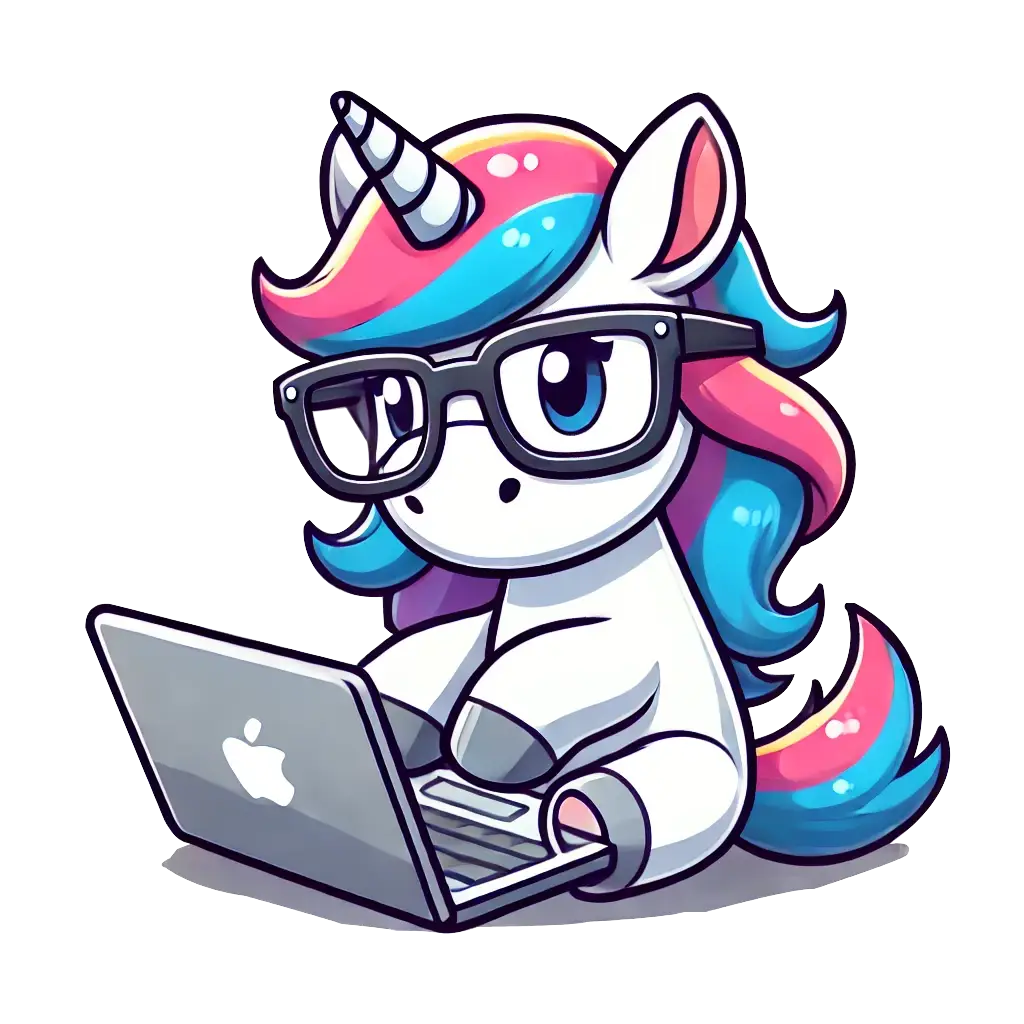Unveiling the Power of Myers-Briggs Type Indicator (MBTI) for Software Engineers

Software Engineering Team Lead and Director of Cloudsure
I want to express my gratitude to Sylvester Jalnaiz for prompting me to revisit an article I wrote back in 2017 called "Discovering yourself." Sylvester introduced me to the Fingerprint for Success MBTI which motivated me to rejuvenate my blog and start contributing once more. Your support means a lot—thank you!
“The only journey is the one within.” — Rainer Maria Rilke
In the dynamic realm of software engineering, understanding oneself and fostering effective collaboration are key ingredients for success. The Myers-Briggs Type Indicator (MBTI), a widely recognized personality assessment tool, offers valuable insights that can significantly benefit software engineers in navigating their professional landscape.
The MBTI categorizes individuals into 16 personality types based on four dichotomies: Extroversion/Introversion (E/I), Sensing/Intuition (S/N), Thinking/Feeling (T/F), and Judging/Perceiving (J/P). Each personality type is a unique combination of these preferences, providing a nuanced understanding of an individual's approach to work, communication, and problem-solving.
Tailoring Work Environments
Team Dynamics
Understanding the diverse personality types within a software engineering team can enhance collaboration. Introverted team members may thrive in quieter, focused environments, while extroverts may excel in more interactive settings. By recognizing these differences, teams can create a balanced atmosphere that caters to the preferences of each member.
Communication Styles
Effective communication is the lifeblood of successful software development. MBTI sheds light on how individuals prefer to communicate—whether through detailed written documentation (Thinking types) or interactive discussions (Feeling types). Recognizing these preferences can streamline communication channels, ensuring that information is conveyed in a way that resonates with each team member.
Optimizing Problem-Solving Approaches
Decision-Making
Software engineering often involves critical decision-making. MBTI helps individuals understand their decision-making processes, distinguishing between those who lean towards logical analysis (Thinking types) and those who prioritize the human aspect (Feeling types). This insight can foster well-rounded decision-making within a team.
Problem-Solving Strategies
Sensing types may focus on practical, step-by-step approaches, while Intuitive types may be drawn to innovative and big-picture thinking. Recognizing these preferences can lead to more effective problem-solving, with teams leveraging a mix of analytical and creative approaches.
Enhancing Leadership and Collaboration
Leadership Styles
MBTI provides a lens through which software engineers can understand their leadership styles. Extroverted leaders may excel in motivating and energizing their teams, while Introverted leaders may excel in providing thoughtful, independent guidance. This awareness can lead to more effective leadership and mentorship within the software development hierarchy.
Conflict Resolution
In the high-stakes world of software engineering, conflicts are inevitable. MBTI equips individuals with tools to navigate and resolve conflicts. Understanding one's own conflict resolution style and recognizing the styles of others can pave the way for constructive dialogue and solutions.
Personal Growth and Career Paths
Identifying Strengths and Weaknesses
MBTI provides a roadmap for personal development by highlighting individual strengths and potential blind spots. Software engineers can use this self-awareness to capitalize on their strengths and proactively address areas for improvement.
Career Guidance
Certain personality types may naturally gravitate towards specific roles within software engineering. For example, detail-oriented Thinking types may find fulfillment in roles that involve meticulous coding and debugging, while visionary Intuitive types may excel in roles requiring innovation and strategic thinking.
Conclusion: A Tool for Professional Empowerment
As software engineers navigate the intricate world of coding, problem-solving, and collaboration, the Myers-Briggs Type Indicator emerges as a powerful ally. By leveraging the insights provided by MBTI, individuals can tailor their work environments, optimize problem-solving approaches, enhance leadership and collaboration, and embark on a path of personal and professional growth.
Recognizing and embracing the diversity of personality types within the software engineering realm can ultimately lead to more resilient, innovative, and harmonious teams. In the ever-evolving landscape of technology, the MBTI stands as a beacon, guiding software engineers toward a deeper understanding of themselves and their colleagues, fostering a more enriching and fulfilling professional journey.
A special acknowledgment to Fingerprint for Success (F4S) for inspiring and guiding the exploration of self-discovery and personal growth. By leveraging cutting-edge technology and insights from personality assessments, F4S empowers individuals to unlock their unique "fingerprints" of success.
Their commitment to leveraging tools like the Myers-Briggs Type Indicator contributes significantly to the journey of understanding oneself, fostering collaboration, and optimizing professional and personal development. Explore your potential with F4S and discover the keys to a more fulfilling and impactful life.


